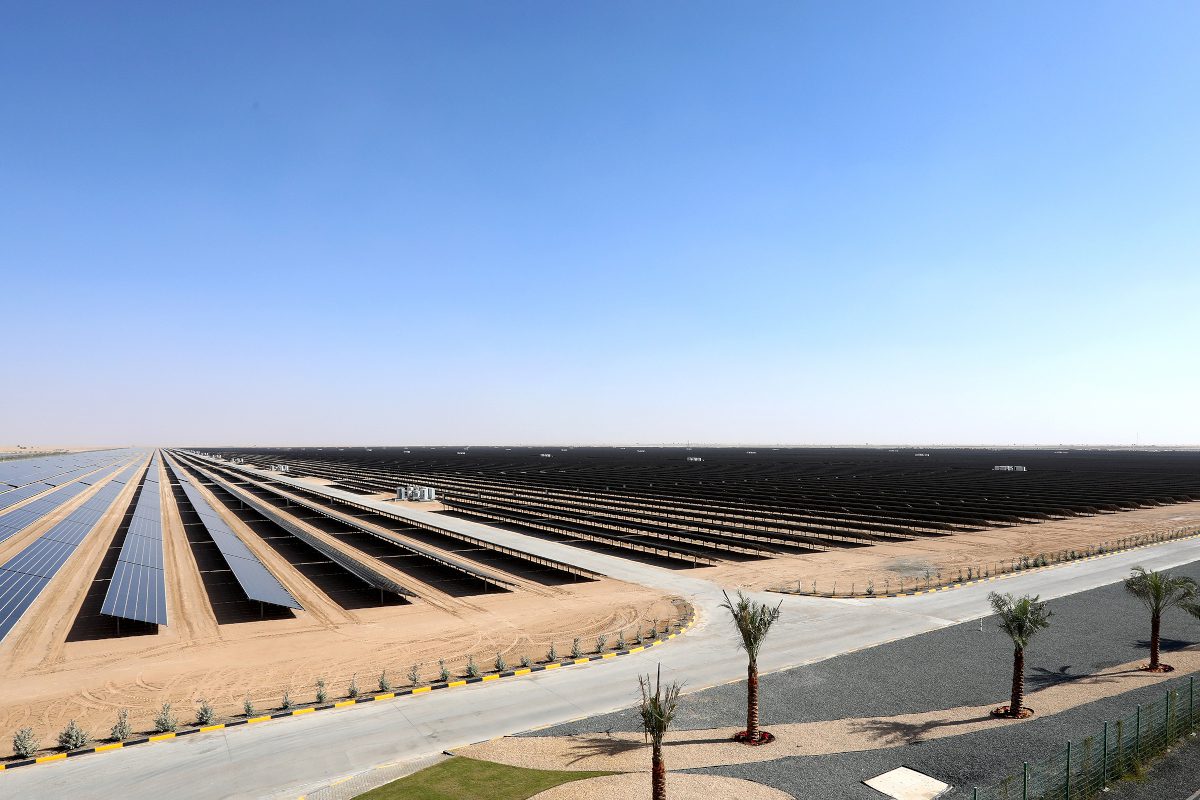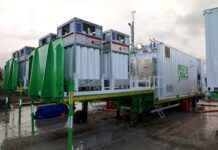
Professional services firm KPMG has launched Turning the tide in scaling renewables, described as a comprehensive report which pinpoints 10 pressing challenges defining the energy transition and provides recommendations for solving them. The report, and accompanying survey, seems to find that the current pace of renewable deployments is nowhere near sufficient to achieve Paris Agreement levels of ambition with limiting global temperature rise to 1.5°C above pre-industrial levels. The findings are published as the COP28 presidency pushes for global commitments to triple renewable energy by 2030, with the report outlining the real-world challenges that will need to be overcome to achieve these ambitions.
Over 80% of survey respondents agreed or strongly agreed that significantly accelerating renewables deployment is the most pertinent issue requiring attention, with 84% identifying that current market barriers are causing substantial delays and, in some cases, even the abandonment of renewable energy projects. In addition, 40% of survey respondents said current government policies are ineffective in accelerating renewable deployment, and these inhibiting government policies and regulations were cited as the number-one barrier to scale, with 77% of respondents identifying this challenge. Respondents ranked the other most significant obstacles to scaling renewables as follows: market structures and design (75%), supply chain risks (61%), access to capital (48%), lack of investment in grid infrastructure (47%).
KPMG survey data included in the report is based on the results of an anonymized online survey conducted by KPMG International. In total, 110 respondents from various positions across the renewable energy industry, at both public and privately held companies, in over 24 countries answered questions about the need to accelerate renewable deployments, current market challenges, and policy effectiveness.
“Understanding the extent of these challenges and the scope of the proposed solutions allows for smart and bold action to be taken, helping ensure a path towards scaling,” said Mike Hayes, Global Head of Renewable Energy, Climate Change, Nature and Decarbonization Leader, KPMG International. “Achieving climate goals will likely require tripling annual renewable capacity by 2030 and then scaling dramatically up to 2050. For this to happen, the world must wake up and attendees must come to COP28 ready to join forces to help remove these barriers or risk meaningful progress slipping through our fingers. It is time for immediate urgency and implementation or otherwise the reality is that the world will need to burn fossil fuels for much longer than is currently anticipated.”
The starting point for effective action is an accurate diagnosis of the primary challenges preventing a dramatic scale-up of renewable energy. The challenges identified in the report and a sampling of the recommended actionable next steps include the following, in order of significance to survey respondents:
- Market structures (75%): The flexibility needed to support a large buildout of intermittent renewable generation is not supported by most current market structures and rules.
- Supply chain issues (61%): Ensuring resilient and reliable supply chains is one of the foundations of scaling renewables quickly.
- Access to capital (48%: Funding the energy transition requires an enormous amount of capital.
- Investment in grid infrastructure (47%): Because the grid has operated in largely the same manner for well over a century, the policies, rules, and paradigms guiding investments have not needed to evolve.
- Planning and permitting (44%): The energy transition is arguably the world’s most ambitious and complex construction project. The problem is that it takes far too long to build renewable energy projects and the supporting infrastructure they depend on.
- Emerging markets: Catalyzing investments in emerging markets is key to accelerating renewable development and providing millions of people with life-transforming access to energy.
- Just energy transition: The goals of a just energy transition are to ensure that the benefits of the shift to a decarbonized energy system are shared equitably while potentially negative impacts are mitigated or eliminated.
- Nature and biodiversity: While nature and biodiversity depend on a rapid expansion of renewables to limit temperature increases, there are potential negative impacts of renewable development, and steps need to be taken to alleviate or avoid them.
- Access to critical raw materials: Scaling renewables requires cost-competitive access to a huge volume of raw materials, like cobalt, nickel, graphite, copper, and lithium.
- Accelerating storage solutions: Energy storage must achieve scale, and storage technologies must advance to provide electricity and other grid services for longer durations.
“Identifying these barriers and enacting solutions for improvement is so important for both developed and developing countries,” said Anish De, Global Head for Energy, Natural Resources & Chemicals, KPMG International. “Confluence across sectors is key. As the world prepares to discuss these issues at length at COP28 and beyond, now is the time for government, industry, and all of society to collaborate and move from identifying challenges to taking deliberate action in a meaningful way.”
KPMG will share this report at the COP28 events in Dubai in early December. For more information on the Turning the tide report, or to meet with KPMG professionals at COP28, visit www.kpmg.com/energytransition.







